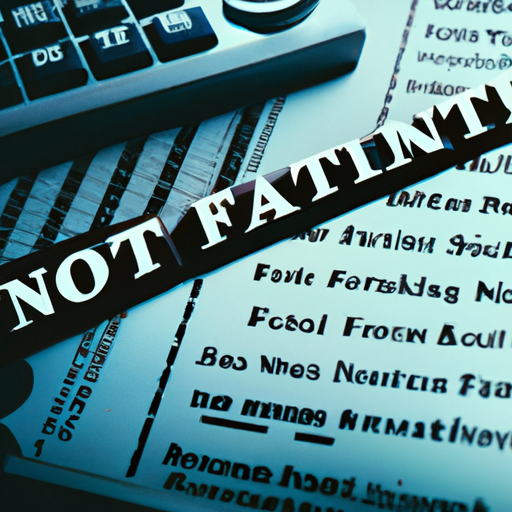The Tax Cuts and Jobs Act of revised Section j by imposing a limitation on the deduction for business interest expense for years beginning after Dec. , . In brief, Section j limits business interest payments for taxpayers with gross receipts of $ million $ million for , , and , and $ million for . The amount of deductible business interest expense cannot exceed the sum of:
Any business interest expense not allowed as a deduction due to the Section j limitation is generally carried forward and treated as business interest paid or accrued in the next taxable year.
In response to the COVID- crisis, the Coronavirus Aid, Relief, and Economic Security Act CARES Act eased the burden of this limitation temporarily. Taxpayers could elect to use % of ATI limitation for and rather than the normal % and to use their ATI to compute their business interest limitation. The CARES Act relief allowed many businesses to deduct their interest in full.
The business interest limitation returned with a vengeance in : the limitation is back to % of ATI — and depreciation, amortization, and depletion are no longer added back in computing ATI after the tax year. These changes may limit deductions for business interest even for those businesses that haven’t previously been subject to this limitation.
Certain businesses are eligible for a “small business exception” to Section j. To qualify, the business’ gross receipts must be less than the gross receipts threshold amounts, and the business cannot be a “tax shelter.”
For this purpose, a “tax shelter” is defined as a pass-through entity such as a partnership or S corporation if more than % of the losses during the taxable year are allocated to limited partners or limited entrepreneurs. A “limited entrepreneur” is an owner who does not actively participate in the management of the entity.
Partnerships facing these “tax shelter” rules may need to undertake some tax planning measures, such as adopting a carefully drafted special allocation provision so that no more than % of total losses are allocated to limited partners.
Another planning alternative is for the limited partners or entrepreneurs to actively participate in the business to avoid limited partner or entrepreneur status. Taxpayers with losses should consult with their tax advisors and review their situations carefully to help avoid the tax shelter trap that could subject them to the Section j limitation.
Certain farming and real estate businesses may consider making a one-time irrevocable election to opt out of the Section j limitation.
Employee benefits programs: Here s some ways to protect your employees valuable information from cybercriminals
However, these taxpayers would then be required to use the Alternative Deprecation System ADS for certain categories of assets, which has longer depreciation periods and lower annual depreciation deductions than under the regular depreciation rules. Additionally, affected assets are not eligible for a bonus depreciation deduction.
On the flip side, businesses making this election will be exempt from the business interest limitation rules — which can be substantial if the business projects a steady decrease in its net income, or possibly even losses, due to its depreciation expense deductions.
Those businesses that previously evaluated the election but decided not to opt out might consider re-evaluating the election in light of recent changes to the rules.
Most production agriculture falls under the small business exception, but an increasing number of farms have sufficient gross receipts or could be classified as a tax shelter. For those that do not fall under the exception, farms that have high investment income andor are highly leveraged may be subject to the limitation.
Real property businesses that elect out of the Section j limitation must depreciate their current and future residential rental property, nonresidential real property, and qualified improvement property using ADS, which means a slightly longer depreciation period for residential and nonresidential properties. Other classes of assets — such as land improvements, -year, and -year property — continue to be depreciated under the regular depreciation rules and can be eligible for bonus depreciation.
• Qualified improvement property — No longer eligible for bonus depreciation under ADS and depreciable life extended from years to years
Before making this election, real property businesses should consider the cost and benefit analysis of the decrease in depreciation expense due to the extended depreciable life of their assets and the benefit of the additional business interest expense above the limitation.
Although the real estate and farming industries are most heavily impacted by the limitation of business interest, other highly leveraged businesses may be affected by this limitation without the option of electing out, including manufacturing and distribution and consolidated corporations.


